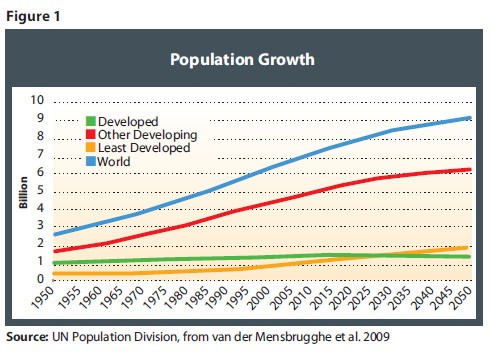The 5 Different Classes of Commodities Financial Web
Post on: 23 Август, 2015 No Comment

When people talk about commodities classes. they are not using the word in the same way it applies to other types of investments. For most types of investments, such as mutual funds or stocks, the term class has a tangible affect on the investment. Having a Class B interest in a mutual fund is different from having a Class A interest in the fund. With commodities, however, the term class refers to a classification, or type of commodity, rather than the type of interest held. In general, commodities can be broken down into five major categories.
#1 Energy
The energy market is one of the easiest to understand for a novice investor. Trading in energy means buying actual interests in oil, natural gas, coal or green energy. Investing in the energy market can mean purchasing the commodity itself to profit from oil price changes or taking part in the import and export of the commodity for a profit. An energy investor may also provide capital required to open or refine a plant or mine, but this is not typically considered a commodity purchase; this is categorized as business investment or may even be done through purchasing bonds.
#2 Precious Metals
Metals are perhaps the next easiest commodity for most investors to understand. Gold, silver, copper and other metals have a tangible asset value. When you invest in one, you are hoping you predicted the price correctly. You may buy gold bonds thinking the price will go up. Similarly, you may try to short sell gold bonds if you think the price will go down. The ultimate value of a precious metal trade is directly tied to the price of that metal on the market at large.
#3 Livestock
When an investor engages in the livestock market, they can again be investing directly in the asset or providing capital for trading of the asset. For example, it is very common to invest in the pork or beef market since these foods are widely consumed. It is less common to provide financing for a shipment of hogs to reach its destination, but investors can engage in this type of transaction just as easily as a direct investment.
#4 Grains
The grains market can be hard to predict because it relies on weather more than other forms of commodities investments, making it slightly riskier. A bad harvest of a specific grain can throw the market off balance. Rice, wheat, corn, soy and other grains are as valuable as precious metals in many economies, though, so there is money to be made off these commodities.
#5 Softs
Softs is a term used to describe the miscellaneous commodity classes. In the softs class, you will find things like cotton, wood and sugar. Softs markets even contain items like tomatoes or orange juice. Again, these markets can be highly volatile due to the unpredictability of the trade as a result of weather, politics and uncertain demand for the product. To invest in these rarer commodities, an investor may need to explicitly purchase a commodity mutual fund or seek a commodity trading adviser.
$7 Online Trading. Fast executions. Only at Scottrade














